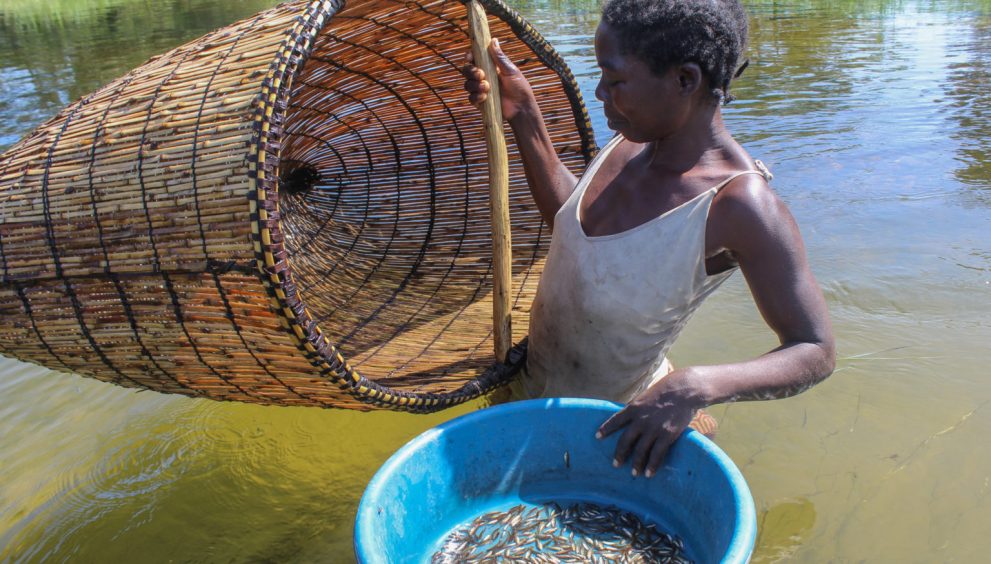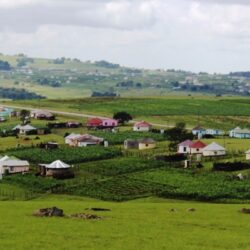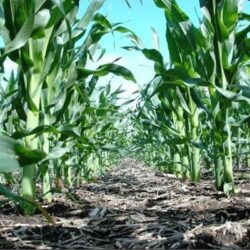University Park, Pa. – In a nation grappling with a “fish deficit” and a persistent protein gap, aquaculture, or fish farming, is emerging as a vital pillar of Zambia’s agricultural landscape. A recent study led by Penn State researchers delves into the intricate world of smallholder fish farmers in northern Zambia, revealing how their ingenious management of local resources is key to unlocking the full potential of this burgeoning sector.
“While aquaculture has been practised for millennia in Asia, its adoption in Africa is relatively recent,” explains Michael Jacobson, a Penn State professor of forest resources. “For Zambia, it represents a crucial pathway towards improving food security and bolstering rural livelihoods.”
The study, published in Agroecology and Sustainable Food Systems, focused on how these small-scale farmers, often operating with limited resources, integrate fish farming into their existing agricultural practices.
“These are family-run operations, a delicate balance of crops, livestock, and the fishponds themselves,” says Jacob Johnson, the lead researcher and a recent Penn State doctoral graduate. “Understanding how they manage these interconnected systems is crucial to optimizing aquaculture production.”
A Symphony of Resource Management
The researchers, through extensive fieldwork involving surveys, interviews, and farm visits, observed that these farmers exhibit remarkable resourcefulness. Faced with limited access to commercial inputs like specialized fish feed and fertilizers, they have developed ingenious strategies. Livestock manure, garden residues, and even kitchen scraps – all find their way into the fishponds, providing vital nutrients for the thriving tilapia populations.
“The most successful farmers,” Johnson explains, “demonstrated a diverse approach, incorporating a wider range of locally available resources, such as sweet potatoes, cassava, and millet, into their fish feed. While these may not be as nutritionally rich as commercial feeds, they are readily available and more affordable.”
Beyond the Pond: A Holistic Approach
The study underscores the interconnectedness of these farming systems. Success in fish farming is intricately linked to the management of surrounding crops and livestock. This integrated approach, while seemingly simple, demands a deep understanding of local ecosystems and a nuanced appreciation for the delicate balance between resource utilization and sustainability.
“This research highlights the importance of recognizing and valuing the traditional knowledge and practices of these farmers,” emphasizes Professor Jacobson. “By understanding their unique approaches, we can develop more effective support systems, such as improved access to affordable inputs, better market linkages, and tailored extension services.”
A Beacon of Hope for Zambian Agriculture
The findings of this study have significant implications for the future of Zambian agriculture. By empowering smallholder farmers with the knowledge and tools they need to optimize their aquaculture practices, Zambia can unlock the full potential of this vital sector. This not only contributes to food security and improved nutrition but also provides a pathway for economic growth and poverty reduction in rural communities.
As Professor Jacobson concludes, “This research serves as a valuable reminder that sustainable and equitable agricultural development requires a deep understanding of local contexts and a commitment to supporting the ingenuity and resilience of smallholder farmers.”




